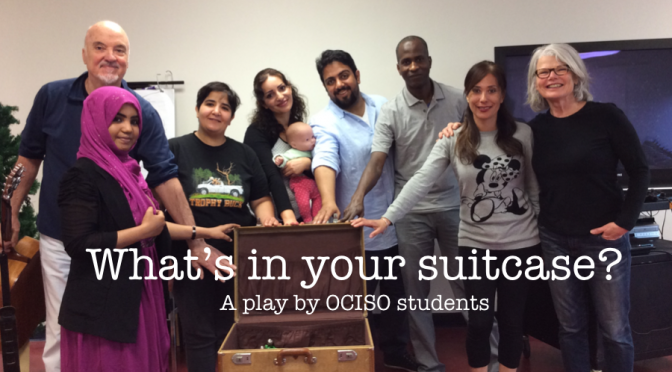What is fluency and how do we develop it?
“I want to speak English fluently.”
“I have to write reports in English.”
“I want to read English magazines, books and websites.”
“I’d like to understand movies in English.”
Whether expressed directly or indirectly, the need for fluency inherently exists within all of these commonly expressed goals and motivations for learning English. And, as teachers, we know that learners often have a number of obstacles to overcome to achieve them, whether they are learning in ESL contexts, such as Canada, or EFL contexts like Japan. Firstly, goals that students initially make may be unrealistic and are typically too vague, too big or long-term; and many students lack confidence in their English abilities, Continue Reading →

